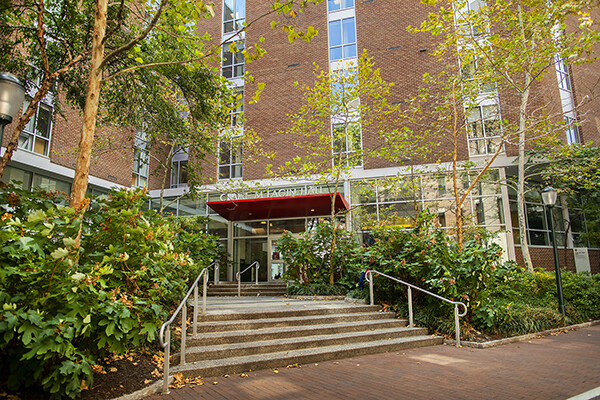
Articles from Michele W. Berger

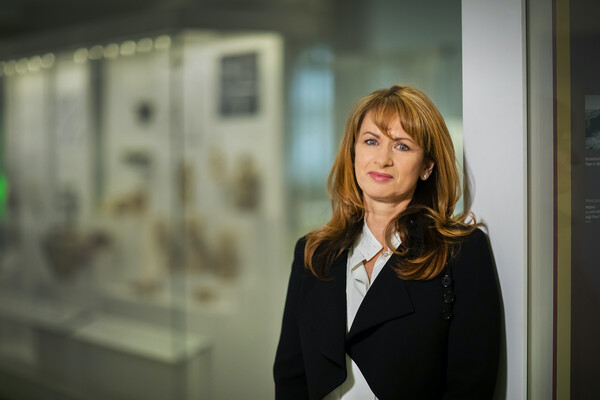
Lynn Meskell is the Richard D. Green Penn Integrates Knowledge University Professor in the Department of Anthropology in the School of Arts & Sciences, a professor in the Department of City and Regional Planning and the graduate program in Historic Preservation in the Stuart Weitzman School of Design, and a curator in the Middle East and Asia sections at the Penn Museum.
(Image: Eric Sucar)
Studying the past through a modern-day lens
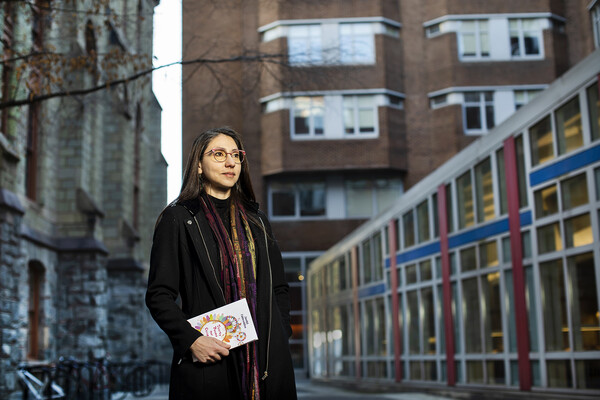
(Homepage image) As a scholar, Fakhreddine works hard to retain as much of a poem as possible when it moves from Arabic to another language. “It’s a challenge that all translation involves. We talk about what’s lost and what’s gained,” she says. “It’s all exaggerated here with these short musical pieces. Their meaning is ground in their sound.”
The ‘music’ of one poet’s words, translated

A novel theory on how conspiracy theories take shape
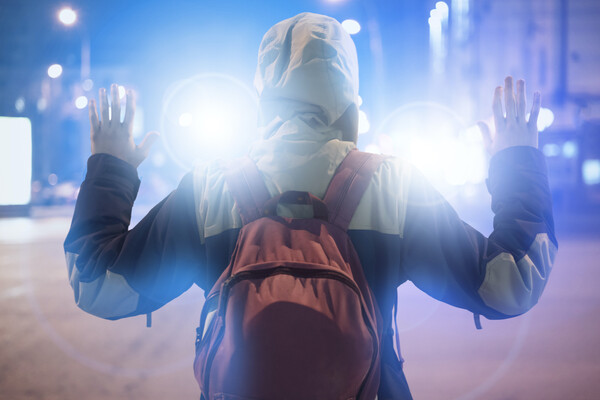
Who’s at greatest risk to encounter the criminal legal system in the U.S.?
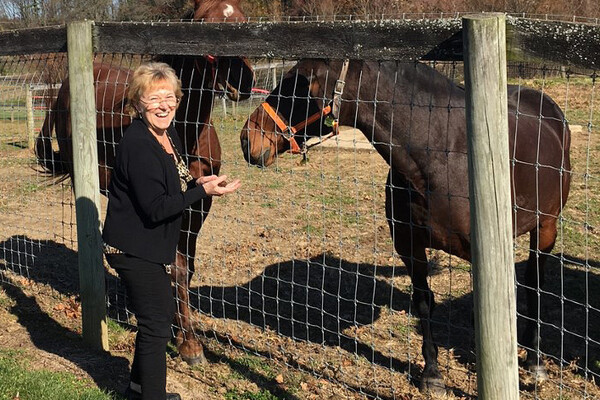
Making time off a time for side gigs for good

nocred
The COVID landscape after a year with vaccines
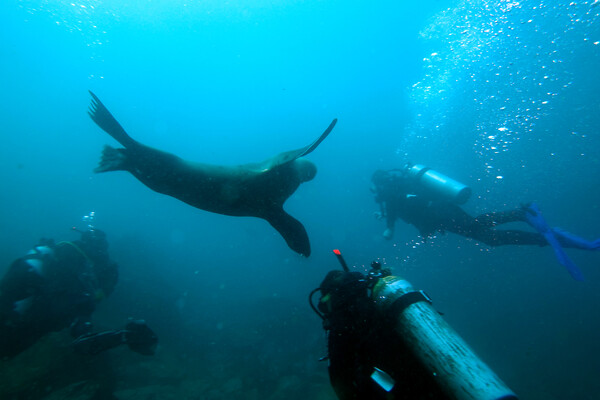
Homepage image: The diving project is part of a larger initiative called Projecto Laboratorio para Apreciar la Vida y el Ambiente or Project LAVA, which also includes research about the effect humans are having on sea lions in the Galápagos.
On the Galápagos, an underwater exploration of marine life
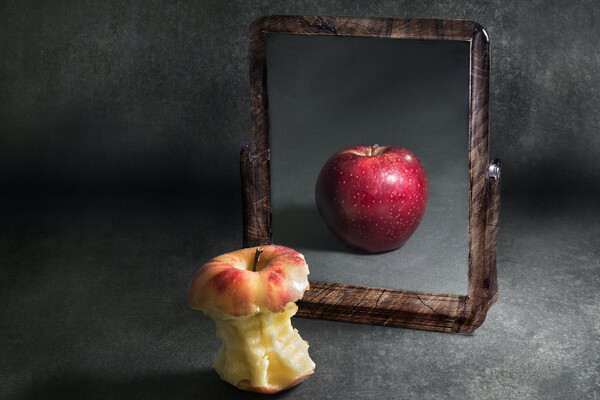
Hospitalizations for eating disorder increased during pandemic
